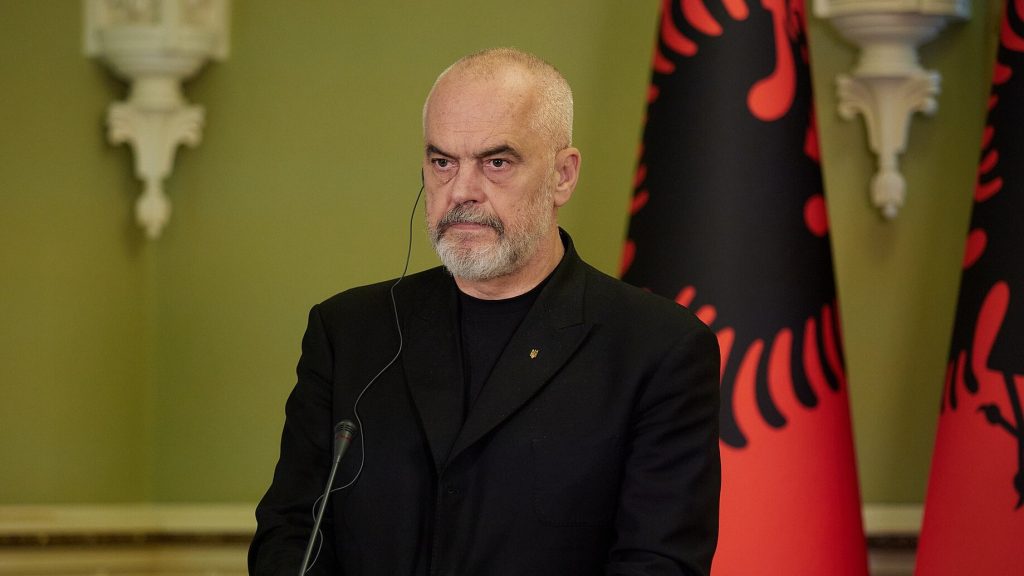Albania’s prime minister wins an unprecedented fourth term.
Others are reading now
Albanian Prime Minister Edi Rama has clinched a historic fourth term, becoming the first leader in the country’s post-communist era to secure such a mandate.
His Socialist Party (PS) won 52% of the vote in Sunday’s election, giving it 82 seats in the 140-seat parliament, according to near-final results reported by the electoral commission.
The Democratic Party (PD), led by former president and prime minister Sali Berisha, trailed with 34% of the vote and 52 seats. If confirmed, the result expands the PS’s majority by four seats, giving Rama a comfortable margin to govern without coalition partners.
This was reported by Digi24.
Also read
Opposition Cries Foul, EU Raises Concerns
But the outcome has been swiftly met with rejection from the opposition, who say the vote was rigged. In a fiery press conference, Berisha declared:
We will never accept these elections – never.
He accused the ruling party of committing electoral crimes, though he has yet to provide concrete evidence.
Still, his rhetoric is gaining traction among disillusioned voters, especially as Albania prepares to host a major European summit in Tirana on May 16, where Berisha has now called for mass protests.
The election has also drawn scrutiny from international observers.
A monitoring mission led by the OSCE cited “misuse of public resources” by the Socialist Party and raised flags over “pressure on public employees,” “intimidation,” and an uneven playing field.
Meanwhile, Albania’s special prosecutor confirmed investigations into 39 election-related cases, mainly for vote-buying—without specifying which parties were implicated.
A surprise landslide, despite scandals
Rama’s win was widely anticipated, but the scale of the victory surprised many. In the run-up to the vote, the prime minister granted an amnesty on all government fines from 2015 to 2024—a sweeping move that critics called vote-buying through the back door.
Nonetheless, Rama’s position was bolstered by a fractured opposition, a relatively strong economy, and support from Western partners for his efforts to host migrants and support international cooperation.
“Nobody expected there to be a qualified majority for a single party. It’s like Orban on his best days,” said Albanian political analyst Lutfi Dervishi.
Corruption concerns persist
Despite Western praise, many Albanians see Rama’s governance as increasingly clientelistic. Critics argue that he has failed to tackle corruption, unemployment, and the influence of organized crime. An exodus of hundreds of thousands of Albanians over the past decade underscores a widespread lack of trust in domestic opportunity.
The European Commission acknowledged these underlying issues in a cautious statement, calling the vote “extremely polarized” and urging Albanian authorities to investigate electoral violations.


